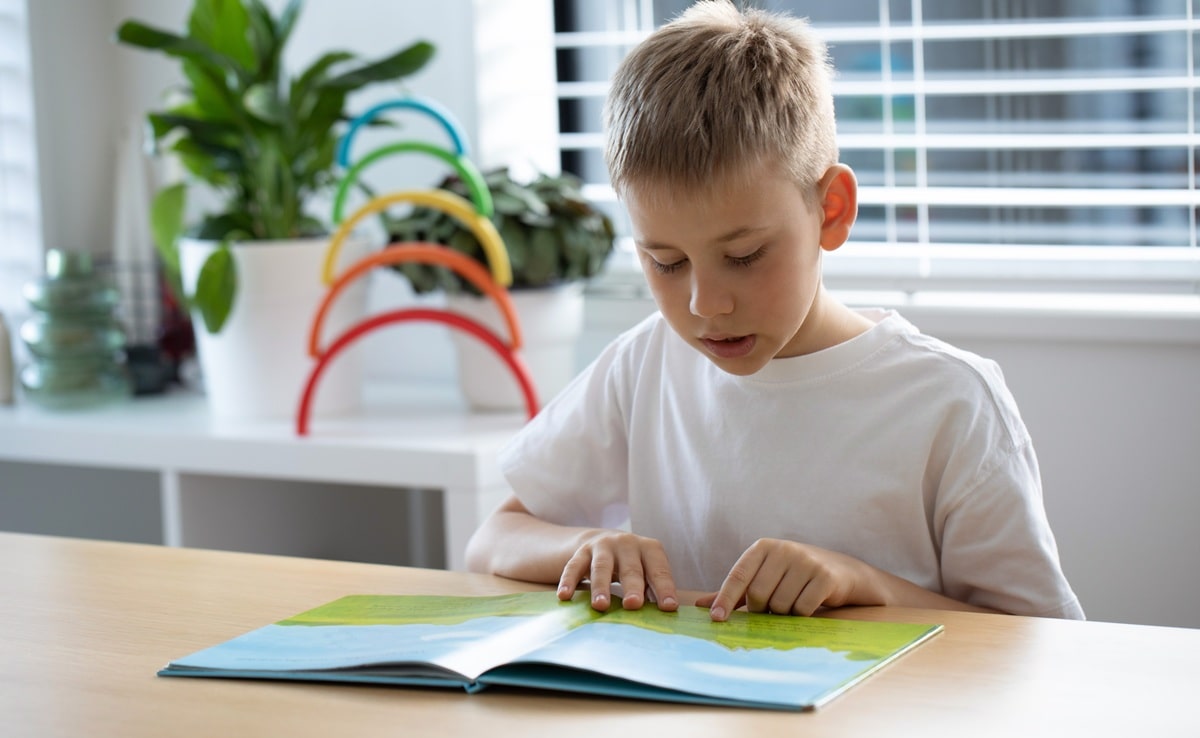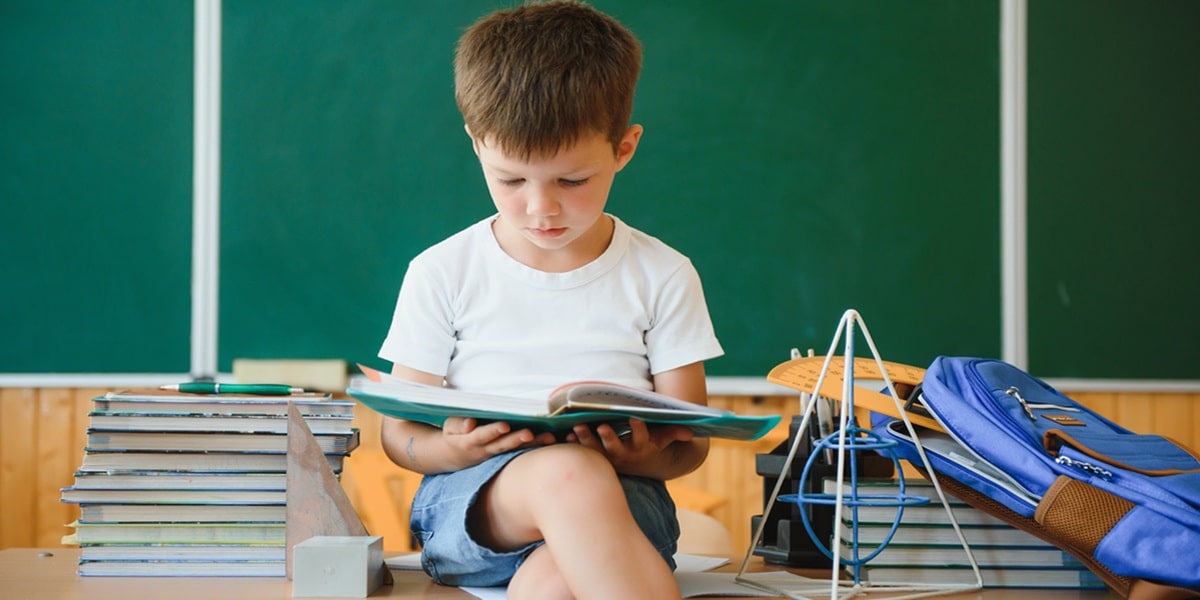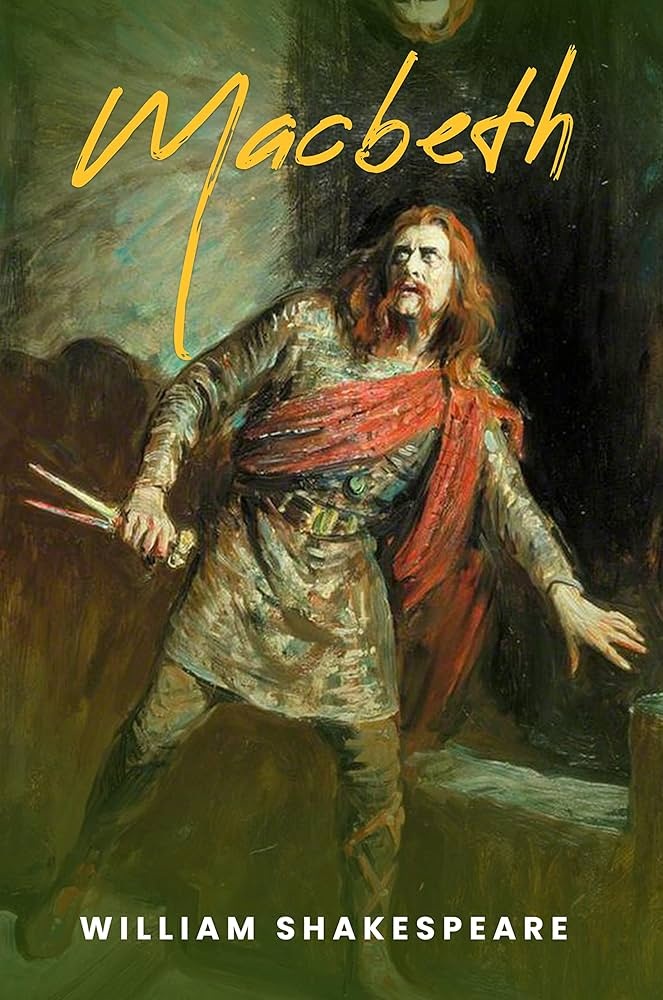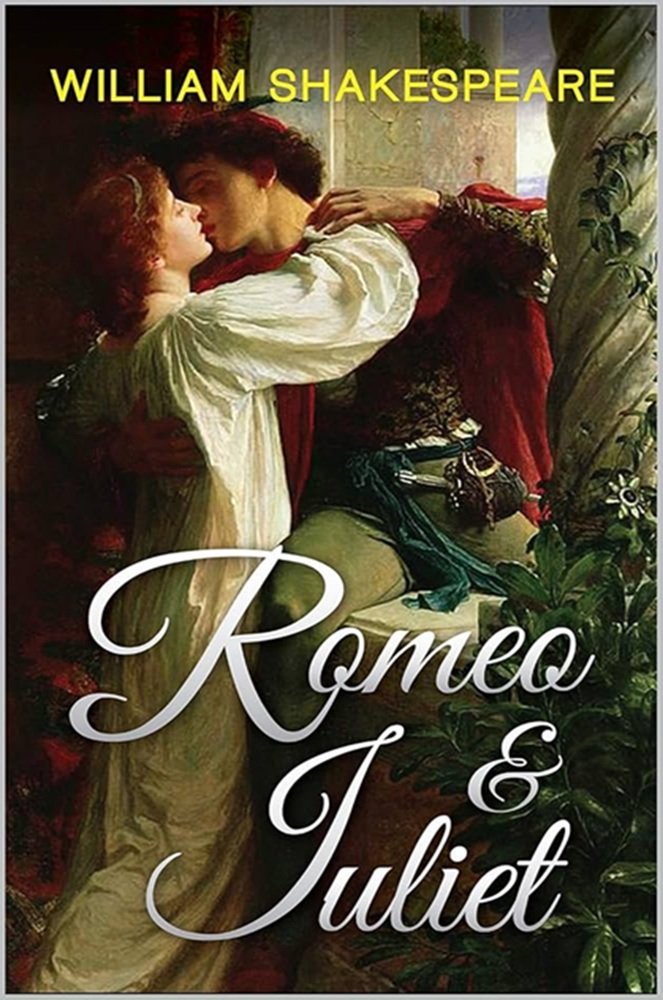Discover 9 essential questions to ask before choosing a tutor. Ensure safety, flexibility, and...
Inspire a Love of Reading
Preparing for GCSEs is an exciting time, filled with opportunities to explore new ideas, develop critical skills, and build confidence in reading and writing.
A strong reading habit can make studying more enjoyable and effective, whether students are diving into set texts or discovering new favourites.
From classic novels and thought-provoking plays to poetry and gripping modern tales, this reading list will help students expand their knowledge, sharpen their thinking, and find joy in great books.
Why Is Reading Important for GCSE Students?
Reading at the GCSE level offers numerous benefits:
✅ Enhances English language skills – Improves vocabulary, comprehension, and writing style.
✅ Supports critical thinking – Engaging with complex themes and narratives sharpens analytical skills.
✅ Provides context for literature – Classic and contemporary works reflect history, society, and key ideas.
✅ Reduces stress – Reading for pleasure offers a relaxing escape from exam pressure.
✅ Boosts cultural awareness – Exploring diverse authors and genres helps students understand different perspectives.
GCSE Reading Recommendations: Core Texts and Beyond
Core GCSE English Literature Texts
Depending on their exam board, students will study specific texts. Common choices include:
Shakespeare
- Macbeth
- Romeo and Juliet
- The Tempest.
19th-Century Novels
- A Christmas Carol (Charles Dickens)
- Dr Jekyll and Mr Hyde (Robert Louis Stevenson)
- Pride and Prejudice (Jane Austen).
Modern Prose/Drama
- An Inspector Calls (J.B. Priestley)
- Of Mice and Men (John Steinbeck).
Poetry Anthologies
Common poets include:
- Carol Ann Duffy
- Wilfred Owen
- Seamus Heaney.
📌 Tip: Encourage students to re-read their set texts, use study guides, and explore related materials to deepen their understanding.
Supplementary Fiction for GCSE Students
Beyond the core syllabus, these books can help develop analytical skills and broaden perspectives
Dystopian Fiction
- 1984 (George Orwell)
- The Hunger Games (Suzanne Collins).
Classics
- To Kill a Mockingbird (Harper Lee)
- Lord of the Flies (William Golding).
Diverse Voices
- The Hate U Give (Angie Thomas)
- Noughts and Crosses (Malorie Blackman).
Fantasy/Adventure
- His Dark Materials series (Philip Pullman)
- The Hobbit (J.R.R. Tolkien).
Non-Fiction Suggestions
Reading non-fiction expands vocabulary and offers insights into real-world issues:
📘 Sapiens (Yuval Noah Harari) – A compelling history of humanity.
📘 I Am Malala (Malala Yousafzai) – An inspiring memoir of resilience and activism.
📘 The Diary of a Young Girl (Anne Frank) – A powerful wartime account.
Poetry and Plays
For students who want to explore beyond the curriculum:
🎭 The Waste Land (T.S. Eliot) – A challenging but rewarding read for analytical minds.
🎭 A Raisin in the Sun (Lorraine Hansberry) – A modern American classic exploring race and family.
🎭 War Poetry Anthologies – Powerful insights into history and human emotion.
Tips for Choosing the Right Books
Encourage a mix of:
Challenge and comfort
Pair GCSE texts with lighter, engaging reads.
Genres and formats
Explore novels, plays, poetry, and even graphic novels like Persepolis (Marjane Satrapi).
Cultural diversity
Read stories from different backgrounds and perspectives.
Make reading enjoyable
✅ Set aside daily reading time.
✅ Discuss books as a family.
✅ Visit local libraries or bookshops to explore new titles.
Explore More Reading Lists
Inspire a Love of Reading with ATTC Education
At ATTC Education, we believe that fostering a love of reading is key to unlocking a student’s potential. Our expert tutors provide engaging lessons and tailored support to help students:
📖 Build confidence in their English skills
📖 Develop critical thinking and analysis
📖 Discover the joy of storytelling and literature
📢 Experience how ATTC Education can help your child succeed in GCSE English and beyond, by downloading our App today.




